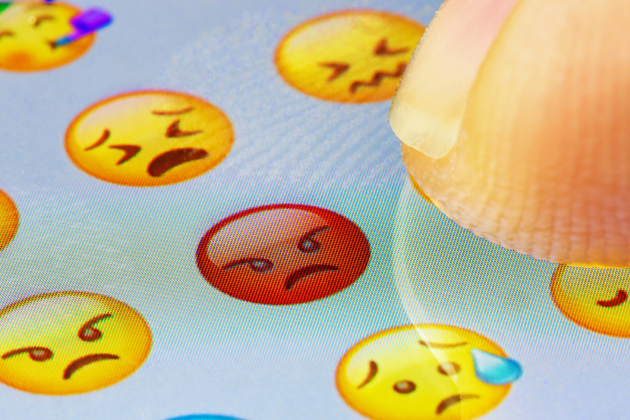By Greg Eder,

We all get angry. For some, their anger is no more than a minor hiccup; for others it is an intensely furious rage.
On its own, anger is a very normal, healthy human emotion. In fact, anger – along with joy, sadness, and fear – is one of our four universal emotions. All other emotions are expressions of combinations of our four universal emotions.
The problems with anger occur when it gets out of control and becomes destructive. Work activities, personal lives, social occasions, public events – all can potentially be impacted by someone’s angry outburst. And let’s not forget the impact that being excessively angry has on the perpetrator. While it might take some a lifetime to recognise the damage their anger causes, those who do see it can experience feelings that range from regret and remorse through to guilt, shame, and intense self-loathing and disgust.
Anger is defined by the American Psychological Association as a “commonly experienced emotion which can range from mild annoyance to rage”. Anger can be triggered when someone believes something, or someone has wronged them. It can be directed externally towards an individual (a work colleague, a friend, a salesclerk) or an event (heavy traffic, a cancelled flight, a COVID lockdown). It can be result of the inner turmoil that comes from excessive worry or rumination about personal problems or from memories of traumatic events or very stressful situations from the past.
Anger can be a formidable emotion. Like other emotions, it is accompanied by various physiological and biological changes. The sympathetic nervous system is activated, producing adrenaline and noradrenaline which raises your heart rate, lifts your blood pressure, and increases more muscle tension. We also produce various other neurochemicals that help control mood, sleep, appetite, learning, and memory, but these neurochemicals also negatively influence how we experience and express anger.
These reactions are priming the body to act. In evolutionary terms, the options on what action to take were simple – fight off the danger and protect yourself or turn on your heel and run. This is your survival mechanism – your fight or flight response.
In today’s modern world, however, constantly triggering your fight or flight response comes at a cost. You’re primed, ready to act – to fight or flee. But modern world stressors do not require any physical response at all. The chemicals and hormones we produce aren’t needed and so must dissipate. Over time this will happen, but if we experience repeated incidents that stress or annoy us, our physiology continues to produce and add to what’s already in your system. Over the long-term your immune system can be supressed, increasing the risk of a myriad of other health problems ranging from the flu to heart disease or stroke.
When our fight or flight is constantly triggered, our physiological response also heightens our sensitivity to other things, reactions such as our anger response, the escalation of other emotions, and the impairment of rational thought. If these anger reactions are excessive or expressed in ways that are unhealthy or harmful to others, uncontrolled anger can quickly turn into aggression, abuse, or violence.
In learning how to control anger, the most important thing to understand is that no one else makes us angry. Anger is a reaction that reflects the way we interpret what someone has just said or done, the coping skills that mange our response, and finally the supports we have.
So, anger itself is not the problem, it’s our interpretation of events together with our expression of that interpretation that can become problematic. So, if someone is going to control their anger issues, they must first determine how they behave when angry.
Enrol now in Take charge of your anger: ways to control your anger before it controls you
Starts on Tuesday 14 June, 2021
https://www.psychologymelbourne.com.au/psychology-short-courses